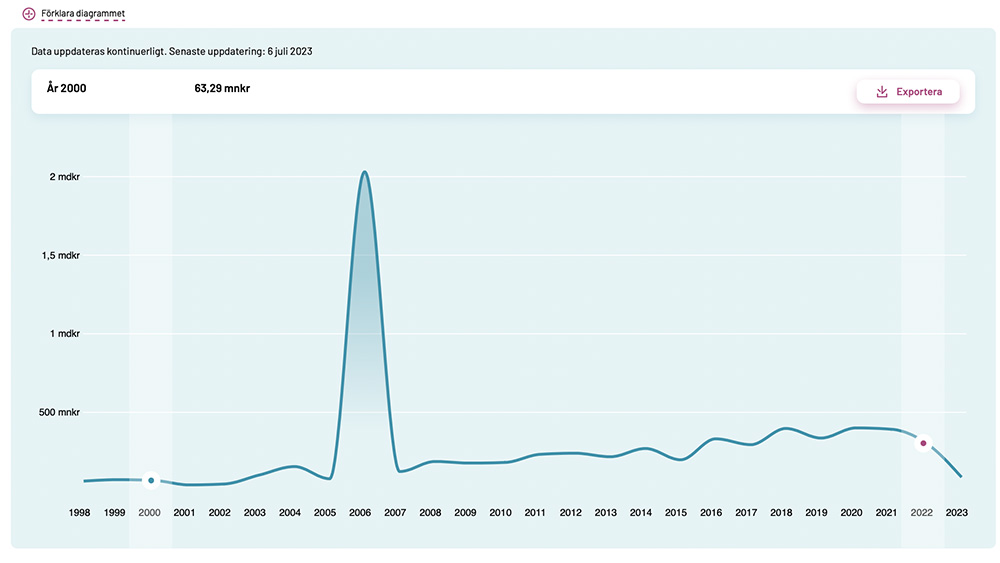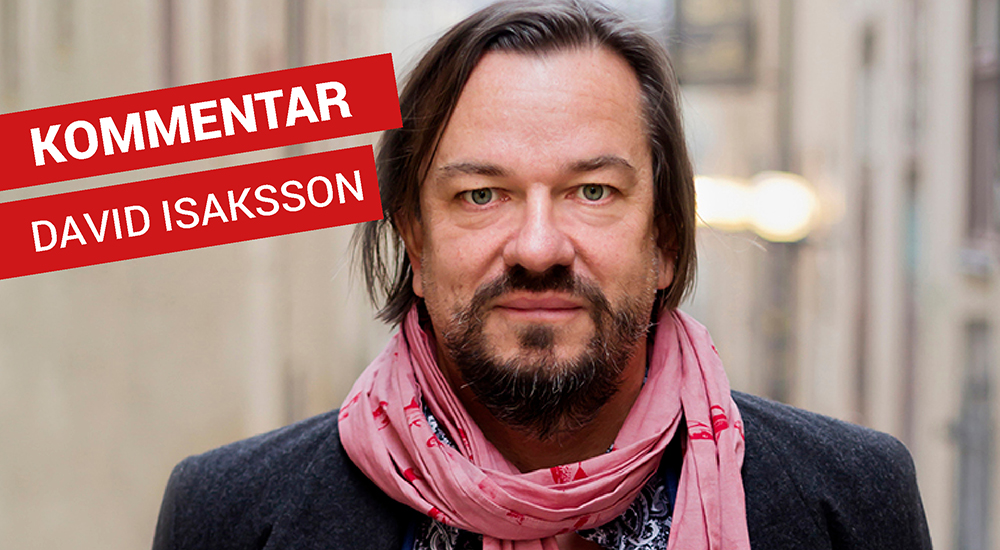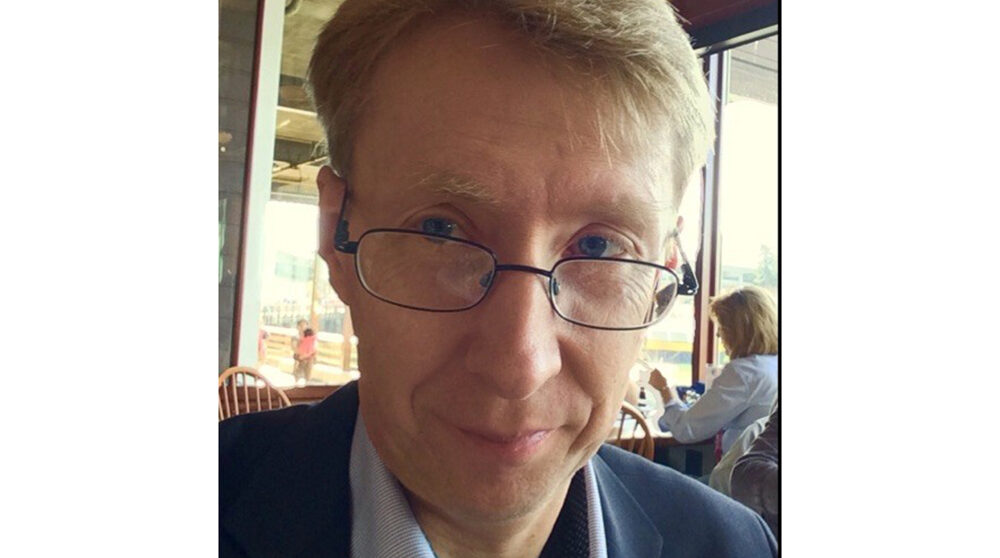In Sweden, social media has been filled with posts demanding that Swedish aid to Iraq be cancelled after the attack on the Swedish embassy in Baghdad. But what does the money really go to and who risks being affected if the aid is cancelled? Global Bar Magazine’s editor-in-chief explains what Sweden is actually supporting.
This is a commentary. The views expressed are the author’s own.
The on-line platform OpenAid, financed by Sweden’s development budget as part of the aid transparency process, is the best source to see where that aid is going. If we look at the aid to Iraq over the years, we see that there is a big peak in 2006 when the aid reached two billion, which was also in the middle of the extensive war. For 2022, the aid amounts to 303 million and in 2023 it is estimated (so far) to amount to about SEK 85 million.

Swedish aid to Iraq over the years. Source: OpenAid.
Let’s focus on what Sweden is doing now. Half of the money in 2023 will go to multilateral organisations (UN agencies, the World Bank, etc.) and half to civil society. If we look at multilateral aid, we see that the largest programme (SEK 20 million) goes through the UN agency UNDP.
According to the description on OpenAid (translated from Swedish), this particular programme ”…supports the stabilisation and reconstruction needs of the Iraqi government in the reclaimed areas formerly under ISIS control, in order to contribute to the safe and sustainable return of IDPs to these areas (focusing on four governorates; Anbar, Salah al-Din, Diyala, Nineweh, which includes East and West Mosul).”
Another programme of about 10 million in 2023 (total 21 million over two years) is to document ISIS war crimes and help bring perpetrators to justice.
If we look at the other part of the cooperation – that which goes through individual organisations – the largest amount (about SEK 13 million) goes through the organisation Action Against Hunger. The support is described as follows (translated from Swedish):
”AAH’s work helps promote access to health and nutrition-related services for crisis-affected people by preventing and treating childhood diseases and malnutrition. For example, AAH provides care, medicines, counselling, and nutritional solutions and specially adapted food for malnourished children and lactating/pregnant women.”
Other partners in Iraq include Save the Children Sweden.
In the case of Iraq – as in most countries – a minimal amount of aid goes directly to the government. However, UN agencies, the World Bank and other multilateral actors cannot carry out their work without cooperating with the state – and here there may be a problem. Because what happens when aid replaces the state and allows the country to spend money on, for example, increasing the oppression of various minorities? Everyone who gives aid needs to think about this, as we have previously written about in relation to aid to Uganda and Tanzania.
Is it reasonable to give aid to countries that export oil? A former Swedish politician thinks that, by analogy, we should also give aid to Norway (which we cannot do because Norway is not a country to which the DAC rules allow aid to be given). Some of the countries that – in addition to Iraq – export oil and receive Swedish aid are South Sudan, Uganda (several different areas), Colombia (support for human rights in particular) and Venezuela (support for refugees). Another major recipient country, Mozambique, exports large quantities of natural gas.
The question then is: How are these oil and gas revenues used? One of the organisations working in Iraq with money from Sweden is Norwegian People’s Aid (NPA). On its website, the organisation describes some of its work as follows:
”In a country where oil accounts for over 90 percent of the economy, we have also given priority to supporting organizations that work with the control and distribution of natural resources. Free media play an important role as watchdogs and to draw attention to issues of power and distribution. We therefore support training of journalists and cooperate with independent media institutions in the country.”
Is this the right use of aid money or not? Right – many aid critics would probably argue – if the work done by the NPA and its local partners can help reduce corruption, strengthen independent media and ensure that a larger share of the oil resources benefit the country’s poor.
However, there is nothing to suggest that the work will be particularly easy. Neither in Iraq nor anywhere else in the world.
David Isaksson
Editor-in-Chief
Global Bar Magazine
This article was originally published in Swedish but as it attracted a large readership it has been translated into English. Read the Swedish version here.
Read also


